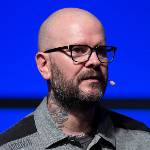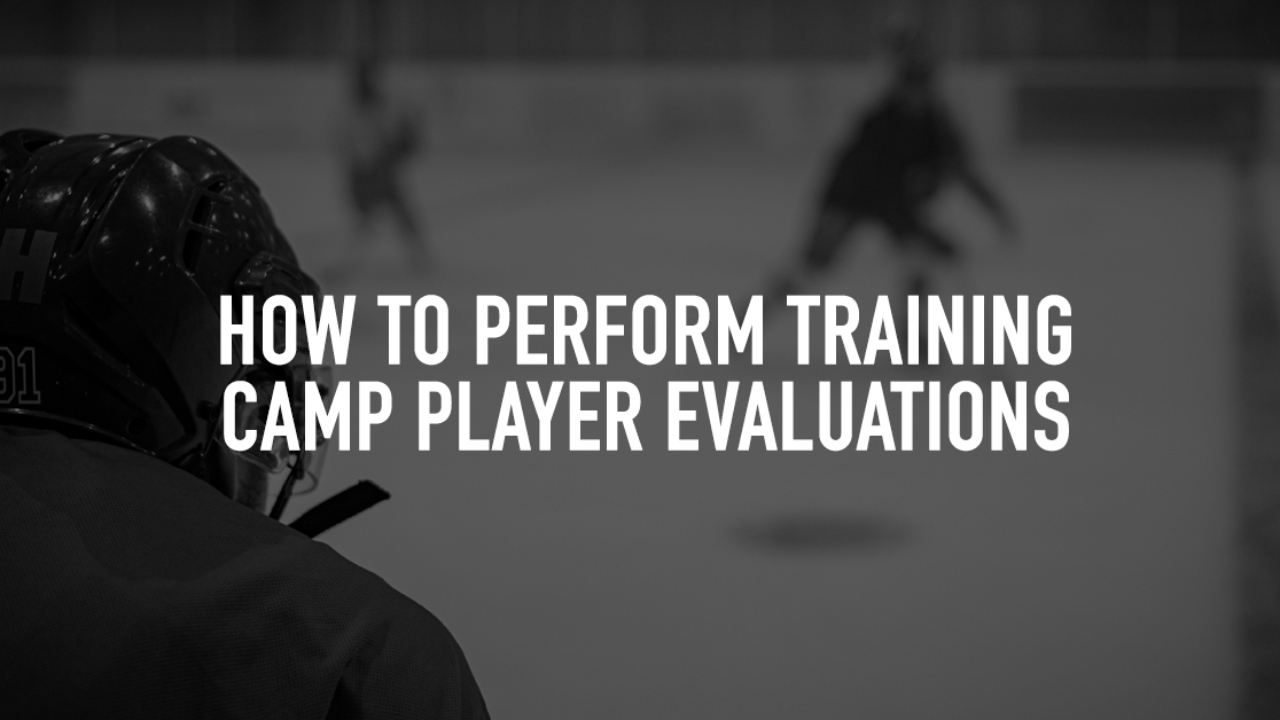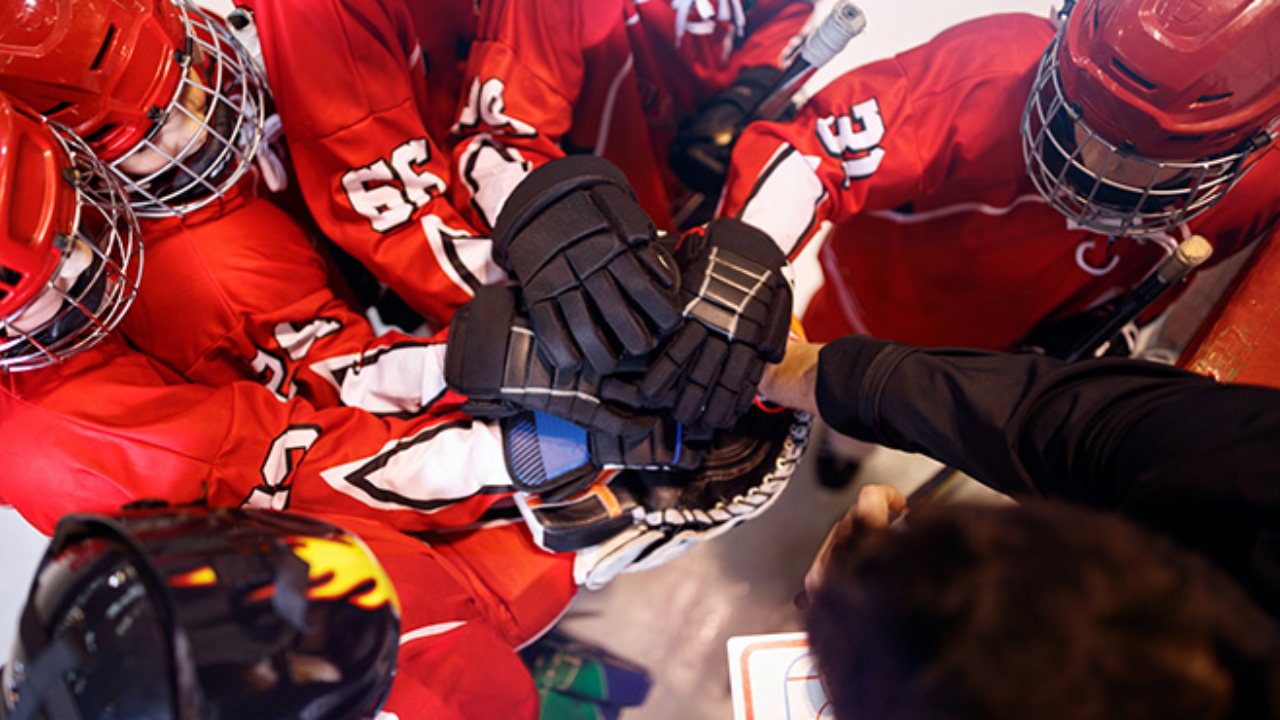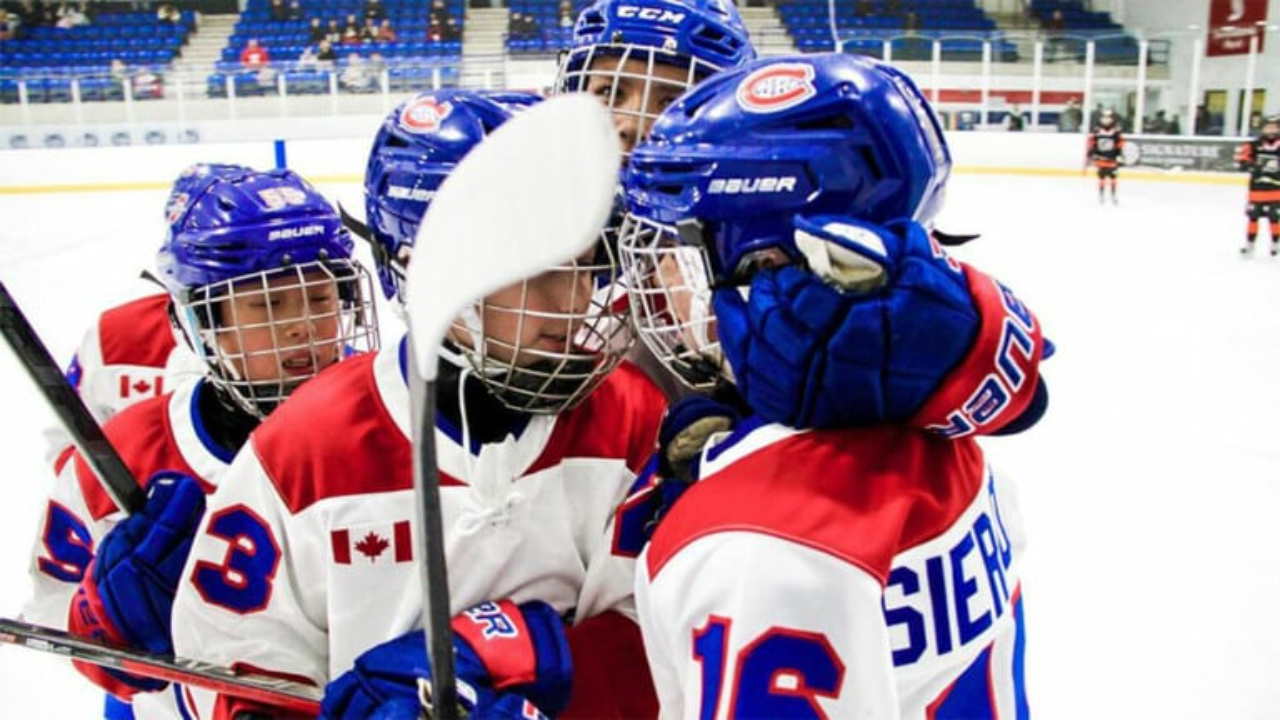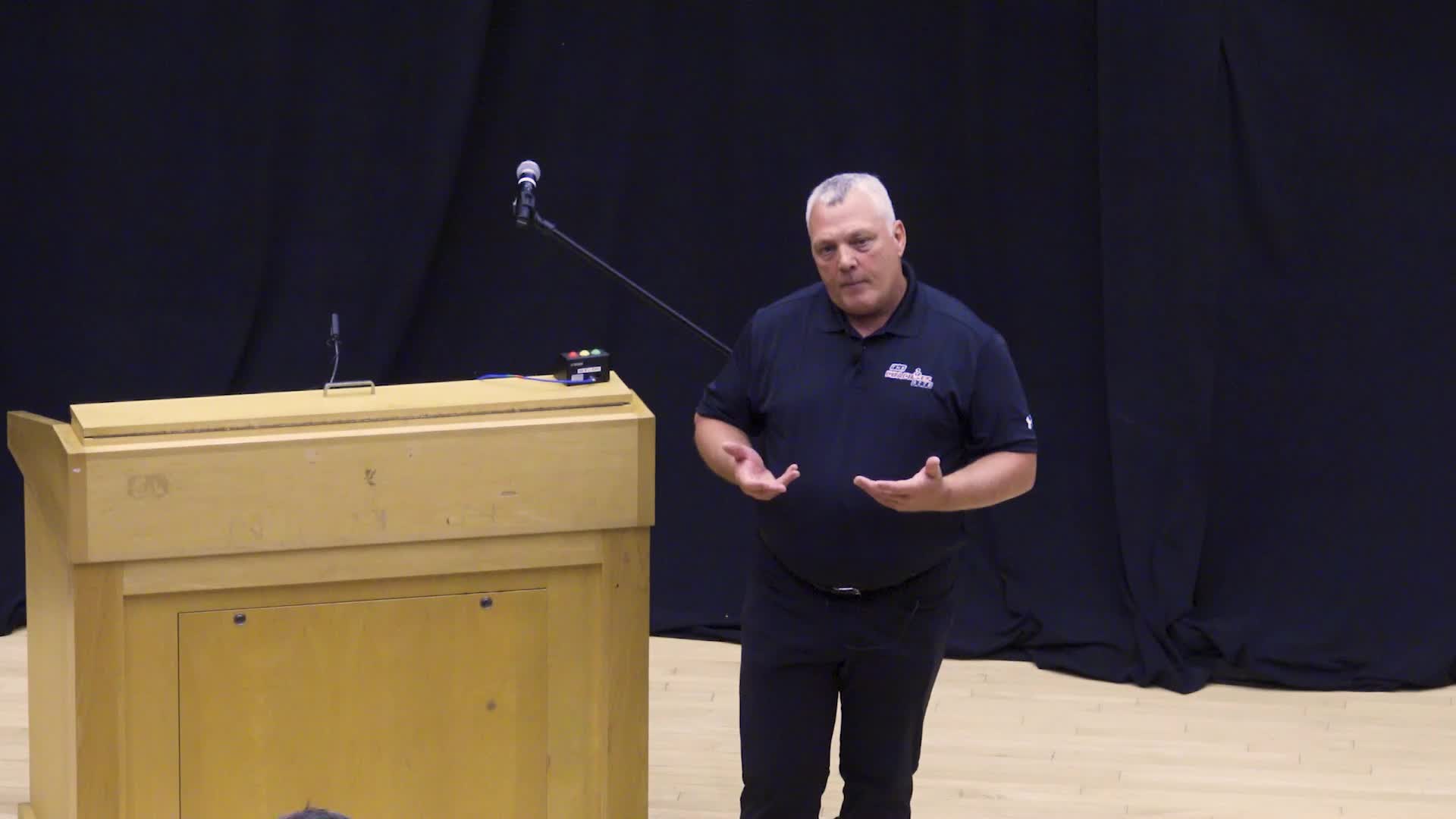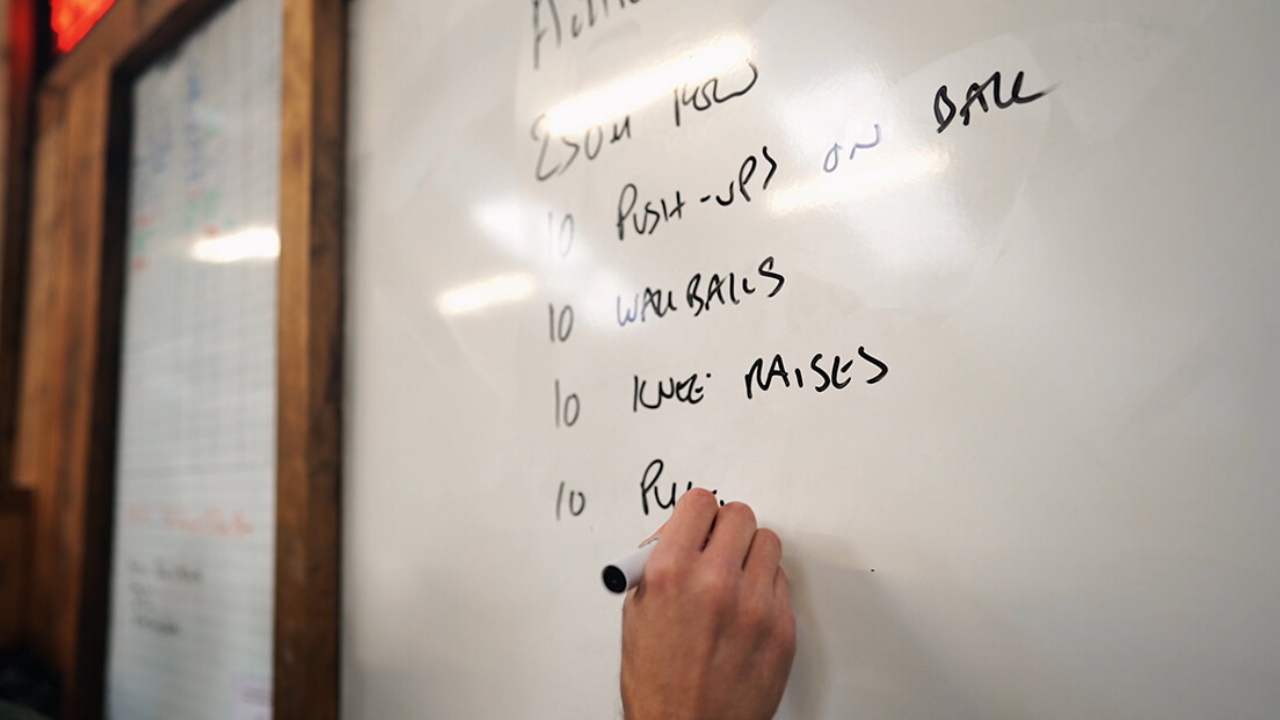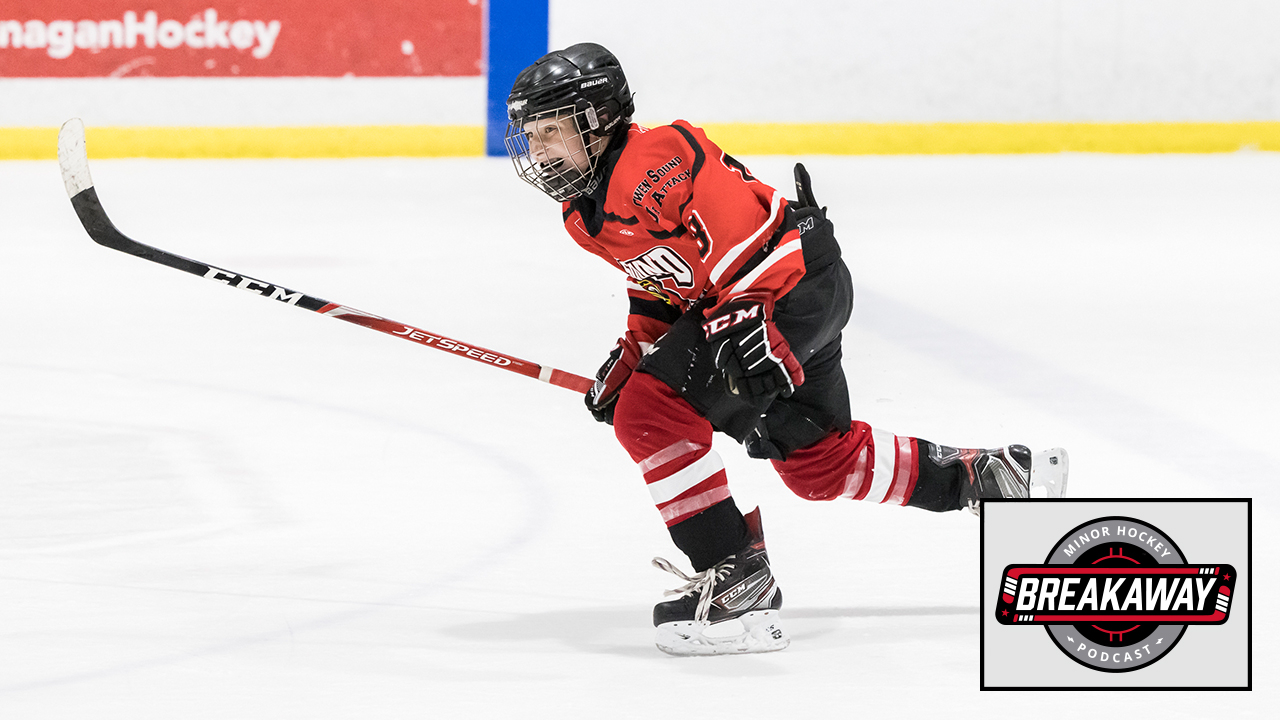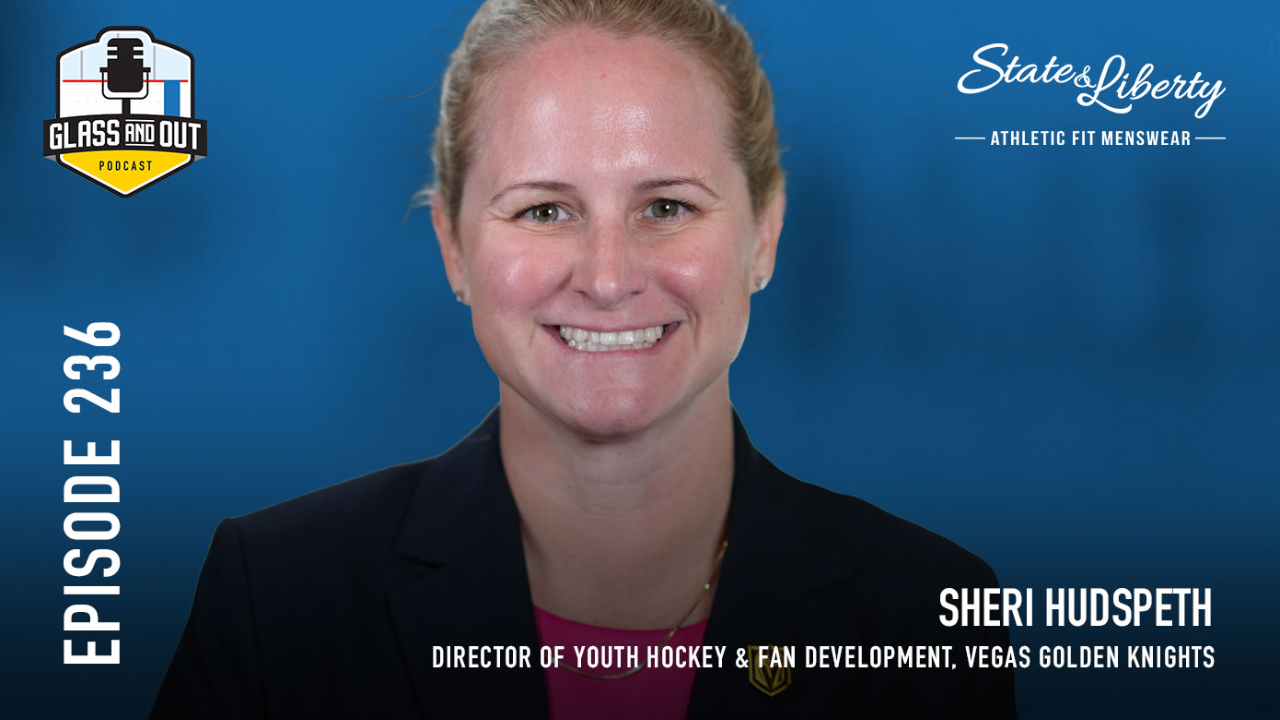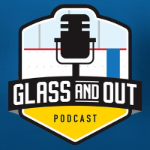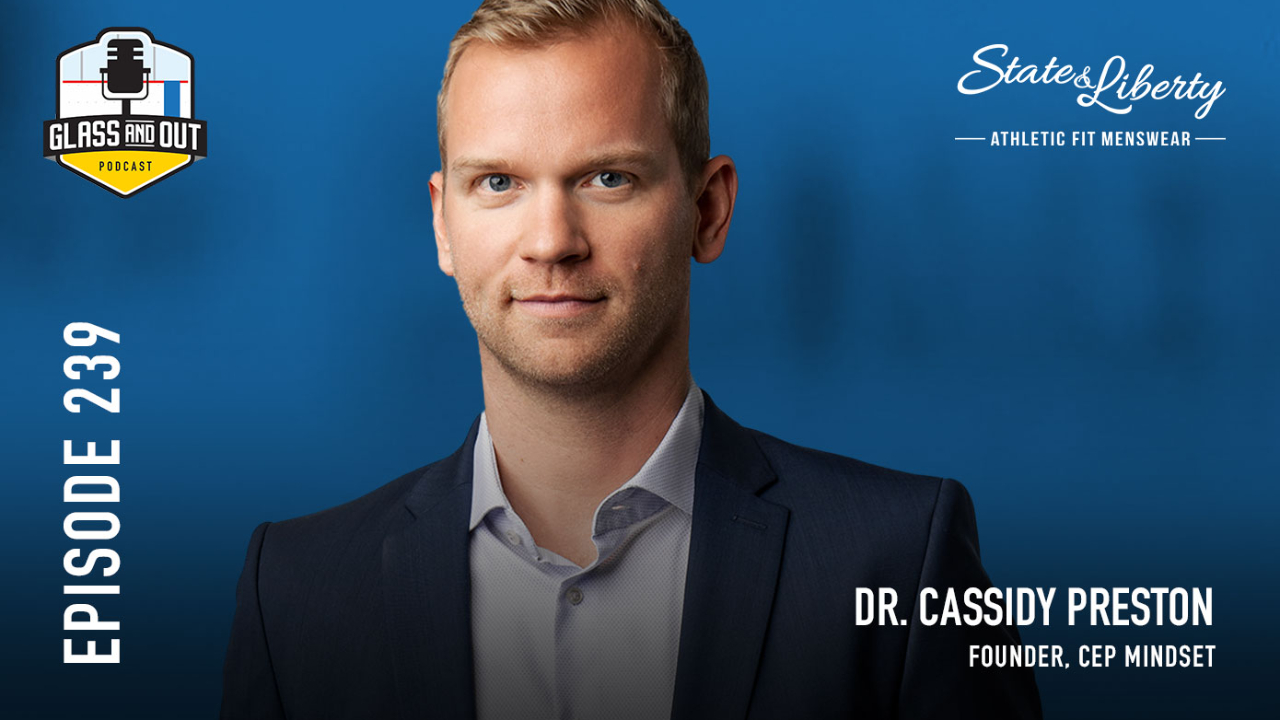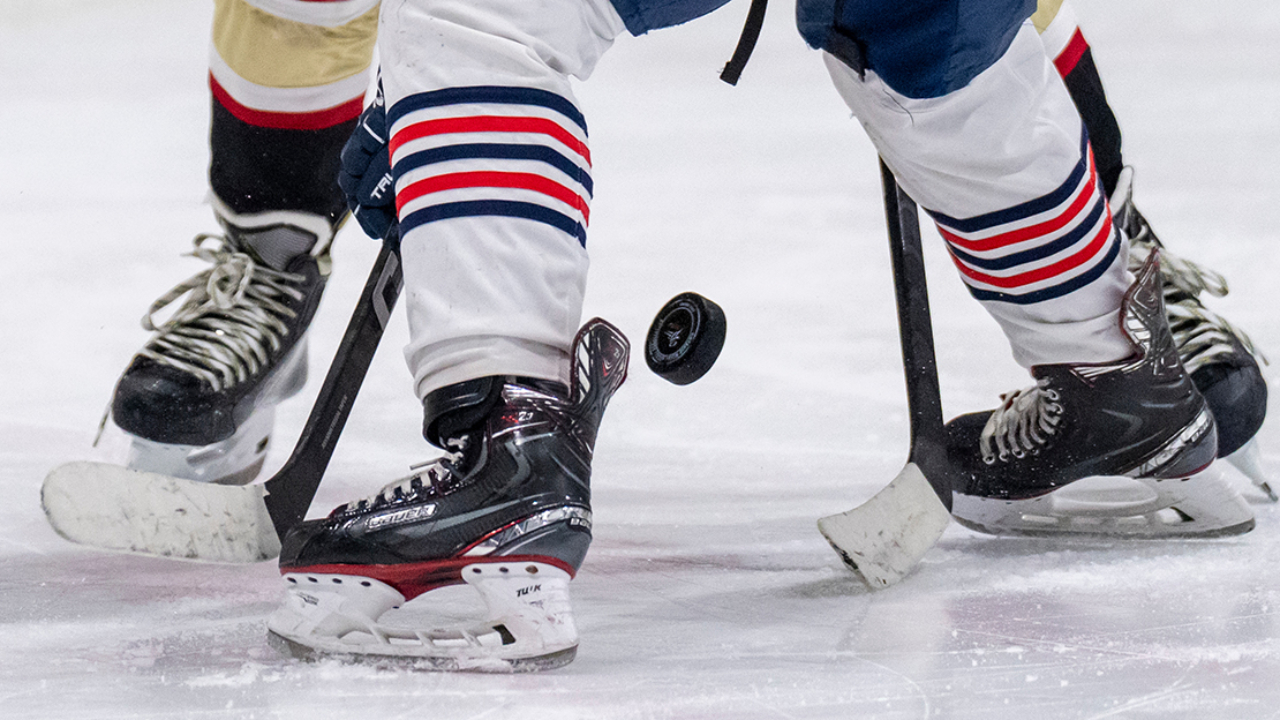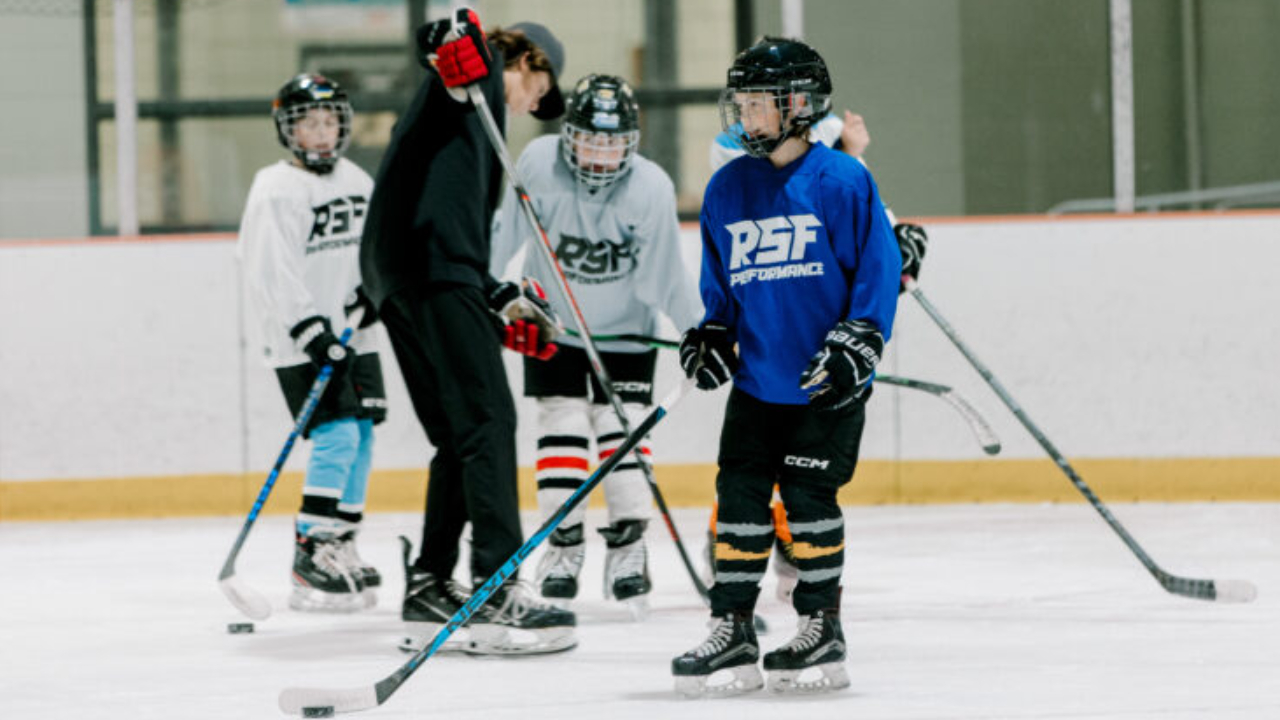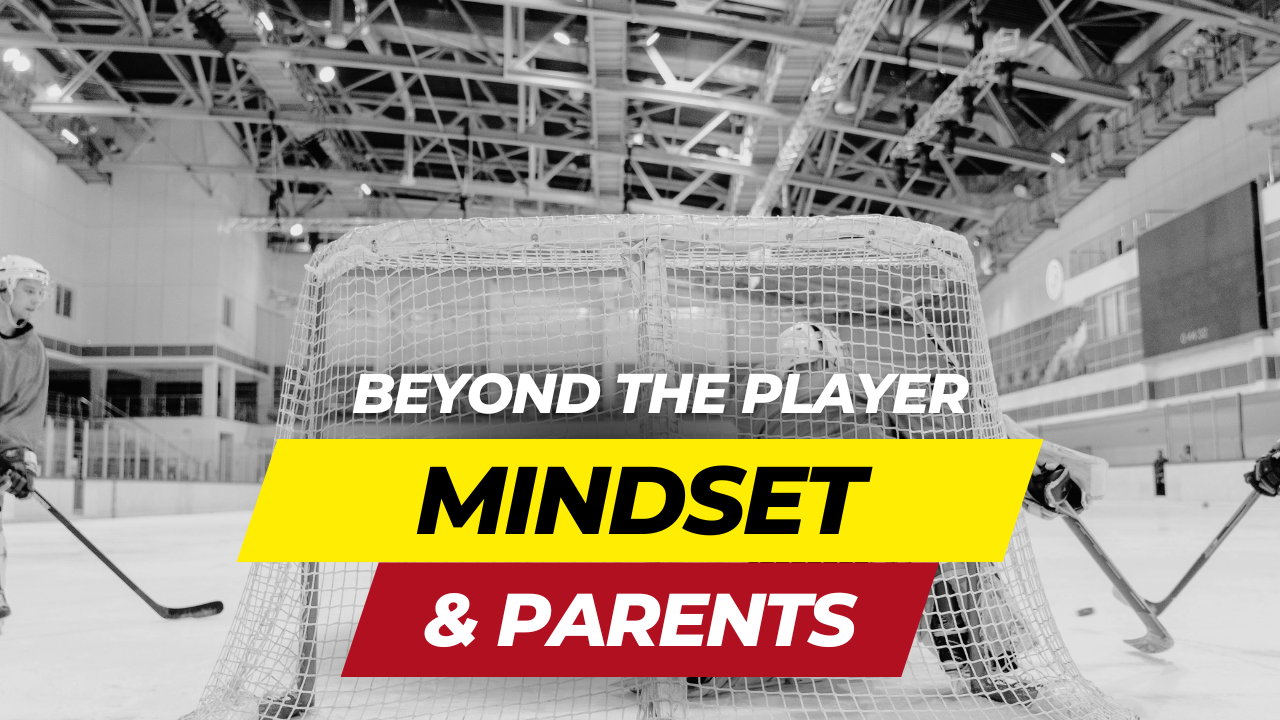
Mindset is an essential yet often misunderstood concept in sports. It has become a buzzword, much like "culture," and is frequently overused. While we frequently discuss mindset in the context of players and coaches, I've realized that at the youth level, we need to have a serious conversation about mindset when it comes to parents.
This is especially important when considering the difference between fixed and growth mindsets, a concept popularized by Dr. Carol Dweck in her book Mindset: The New Psychology of Success. Dweck writes, "What are the consequences of thinking that your intelligence or personality is something you can develop, as opposed to something that is a fixed, deep-seated trait?"
Reflecting on past seasons and where players are today, I decided to shift my focus from the players’ mindsets to that of their parents. Two clear examples stood out.
Family 1: A Growth Mindset
We’ll call this player Alex. When I first started coaching 8U, I had worked with Alex and his dad for a few years in learn-to-play programs and 6U recreation. I liked them both and invited Alex to join our team.
His dad declined, saying Alex wasn’t quite ready for a more competitive style of play—yet. That word yet stood out to me. Instead of pushing Alex into a situation he wasn’t prepared for, his dad took a long-term approach. They focused on additional skating lessons and extra ice time. When Alex’s skills improved and he was truly ready, he joined a competitive team.
That mindset never changed. Even as Alex progressed, he didn’t rest on his natural ability. He continued working with skating and skills coaches, and now, seven seasons later, he plays at the highest level for his age group.
Family 2: A Fixed Mindset
Connor was one of the top players on his team when I first met him. His family wanted him to join my team because we were winning championships, and I was happy to add a talented player.
However, when top-tier skating coaches visited, Connor never participated. His parents declined private or small-group lessons. They were content with the two weekly practices, believing additional work was unnecessary because Connor was already the best.
But as each season passed, other players caught up and eventually surpassed him. His parents, instead of adjusting their mindset, insisted Connor was still great—it was the team or the coaching that was the issue. They moved him to a "better" team, yet his struggles continued.
Seven seasons later, Connor is still playing, but he’s getting fewer minutes and is now on a lower line. He still doesn’t do extra work, and his parents continue to attribute his challenges to external factors rather than recognizing the role mindset and work ethic play in long-term development.
The Role of Parents in a Player’s Development
In both cases, the player's mindset mattered, but the parents’ mindset was even more influential. Even a young athlete with a strong work ethic will struggle if their parents hold a fixed mindset.
As a coach, I now make it a priority to include parents in early-season discussions about mindset. I encourage them to embrace and promote a growth mindset—not just for their kids, but for themselves as well. Hard work pays off, but only if the work is actually done.
The best 8U player is rarely the best 14U player. Growth and success come from a combination of mindset and work ethic. My goal is to ensure that the entire family is set up for long-term success, not just in hockey, but in life.
